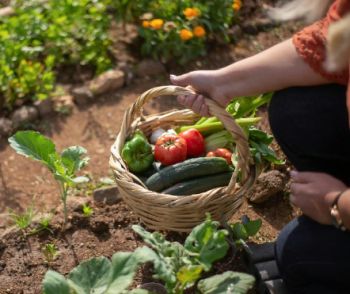Vegetable consumption and diet diversity among households with and without vegetable gardens in Quezon city, Philippines
Abstract
Background
Dietary diversity is key in determining the quality of a person’s diet by including the
consumption of several food groups. Vegetable gardening is a holistic approach to
producing nutritious food and reducing food insecurity. Higher vegetable consumption is
closely associated with better diet quality and dietary diversity score.
Objective
This study aims to analyze the vegetable consumption and diet diversity of households
with vegetable gardens and households without vegetable gardens.
Methods
The study used a quantitative method and a descriptive and inferential research design.
Given the specific profile of respondents, purposive sampling was employed. However,
quotas per profile were set. The data were collected using quantitative tools such as guided
questionnaires and a 24-hour dietary recall questionnaire.
Results
The majority of the gardeners were female, ages 54 to 64, mainly living in the Barangay UP
campus, with high school as their highest educational attainment. The non-gardeners
were Vegetable gardeners who earned less than ₱20,000 compared to the non-gardeners
who earned. Vegetable gardeners were likelier to meet the recommended vegetable
consumption and had a higher Dietary Diversity Score.
Conclusions
The respondents who met the recommended vegetable intake of three to five servings were
mostly vegetable gardeners. Thus, vegetable gardening aids in increasing the vegetable
consumption of households because of the accessibility they have to nutritious foods
compared to households that do not practice home gardening.

Authors retain all copyrights. In making a submission to World Nutrition, they are certifying that all material is theirs except quotations, as indicated, and that they have obtained permission for any photos, tables, or graphics taken from other publications or websites.




